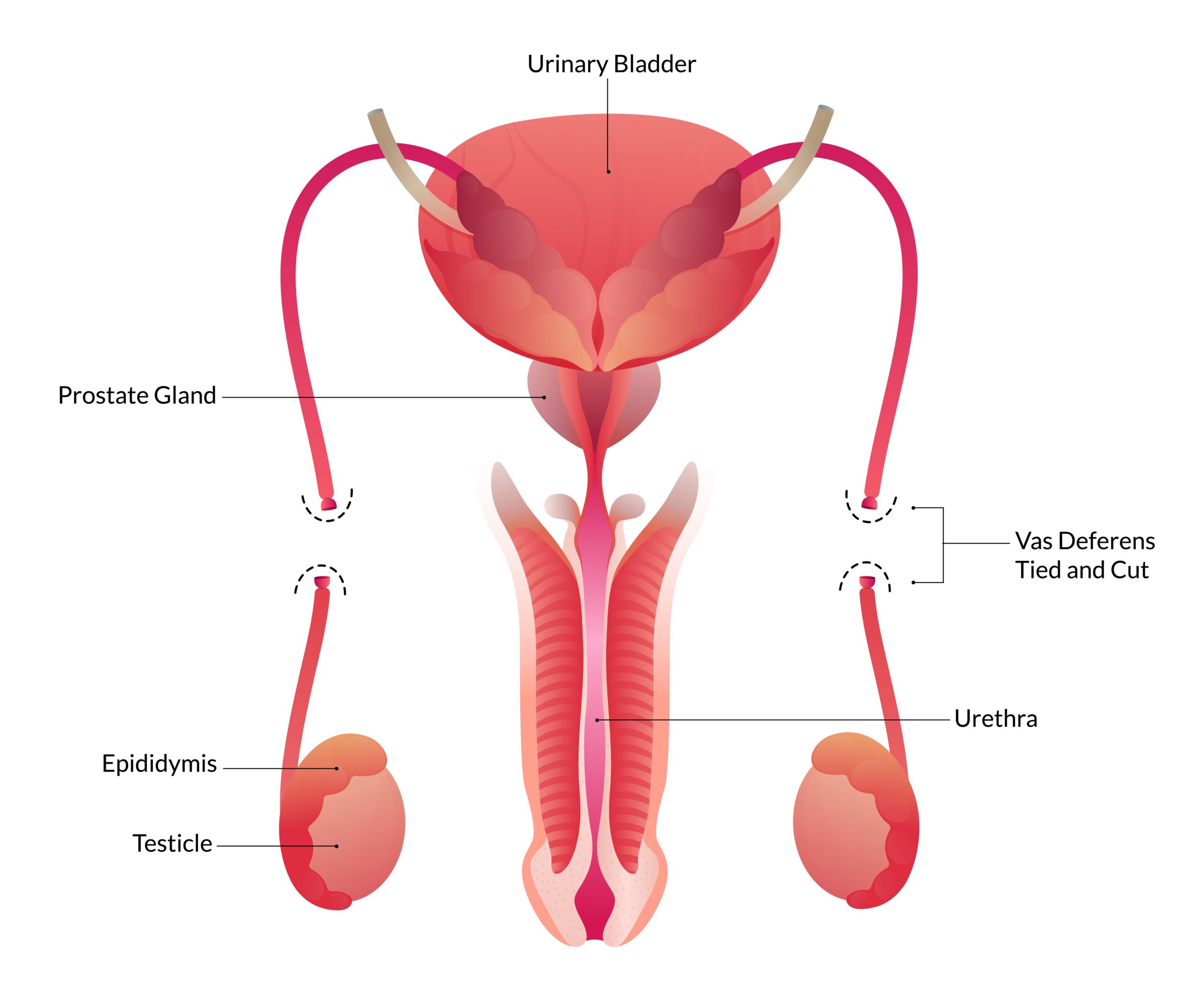
Get to Know Dr. Daniel Parker
An experienced urologic oncologist in Oklahoma City, Dr. Parker is committed to improving the lives of his patients.

A vasectomy is a minor surgical procedure used as a form of male contraception. It involves cutting and sealing the vas deferens, the tubes that carry sperm from the testicles to the urethra. This prevents sperm from mixing with semen during ejaculation, thus preventing fertilization. The procedure is typically quick, performed under local anesthesia, and has a high success rate in preventing pregnancy.
A vasectomy is a permanent form of male contraception that involves cutting and sealing the vas deferens, preventing sperm from mixing with semen and thus preventing fertilization. The procedure is typically performed under local anesthesia and is highly effective in preventing pregnancy.

This method involves making small incisions in the scrotum to access the vas deferens. The vas deferens are then cut and sealed. Recovery involves managing mild discomfort with pain relievers and ice packs, avoiding strenuous activities for a few days, and using alternative contraception until a follow-up test confirms the absence of sperm.
This technique uses a small puncture to access the vas deferens instead of making incisions. This results in less bleeding, fewer complications, and quicker recovery. Like the conventional method, it requires local anesthesia and similar post-procedure care, but typically with reduced recovery time and discomfort.
Following a vasectomy, patients typically experience mild discomfort, bruising, and swelling, which can be managed with pain relievers and ice packs. Rest and avoiding heavy lifting or strenuous activities for a few days are important for recovery. Most men can resume sexual activity within a week but should use alternative contraception until a follow-up semen analysis confirms the absence of sperm. Full recovery usually occurs within a week, and long-term complications are rare. It is also normal to experience minor bleeding or infection, but these are generally treatable.

An experienced urologic oncologist in Oklahoma City, Dr. Parker is committed to improving the lives of his patients.
SOURCE: https://www.urologyhealth.org/urology-a-z/v/vasectomy